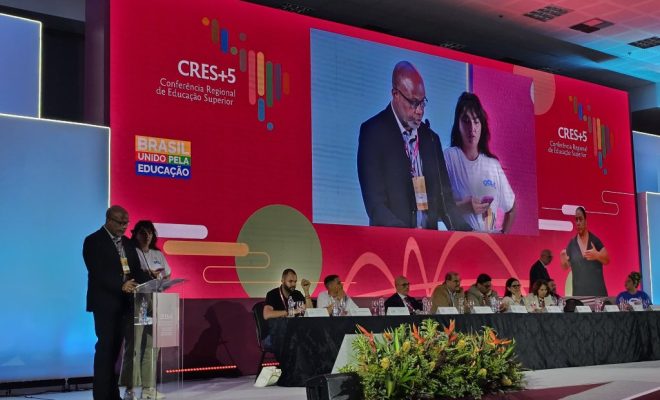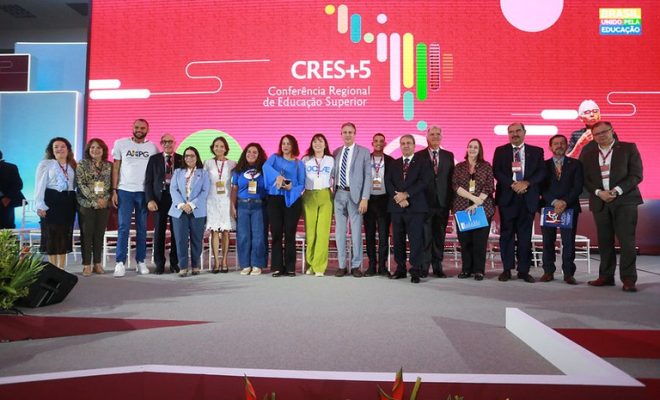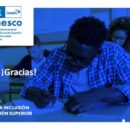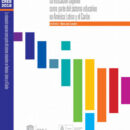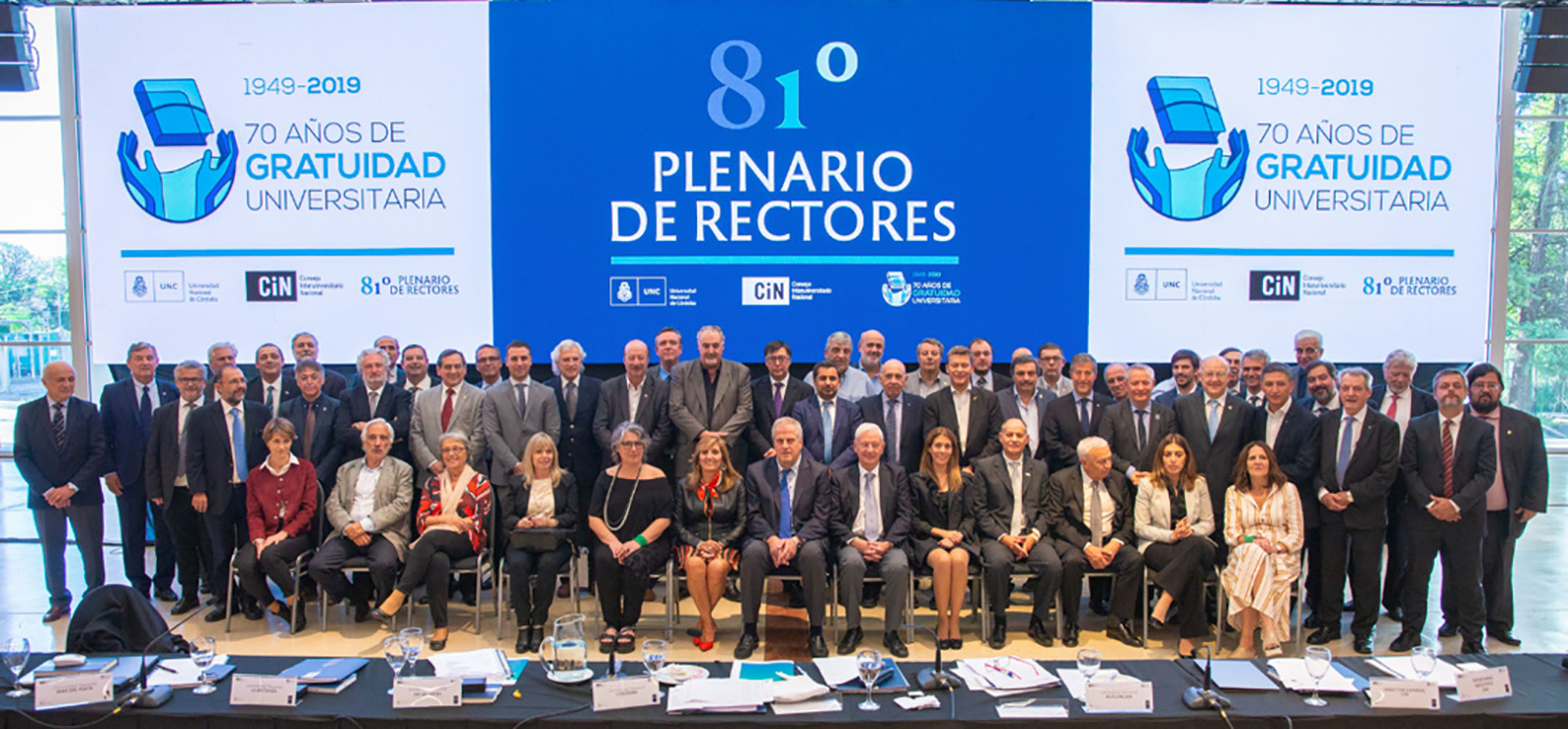Farewell to South African higher education expert Professor Michael Cross
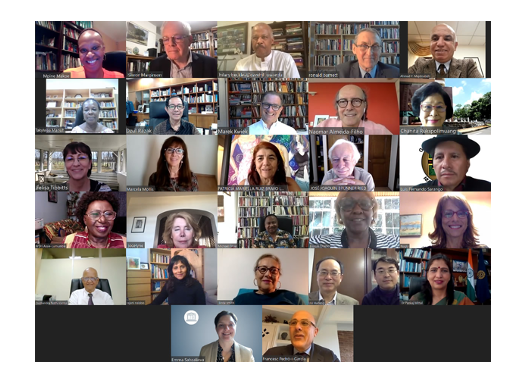
The team of global higher education experts convened by IESALC in March 2021. Professor Cross is in the middle of the fourth row in this composite image.
By Emma Sabzalieva | UNESCO IESALC is deeply saddened to learn of the passing of Professor Michael Cross on 6 June 2021. Professor Cross was founding Director of the Ali Mazrui Centre for Higher Education Studies at the University of Johannesburg, South Africa and was part of the team of experts convened by IESALC for the Futures of Higher Education project.
His contributions, through his concept note and participation in an online expert workshop, added crucial and critical perspectives to the project. His concept note, titled Imagining African Universities in 2050: Conceptual Grounds and Emerging Images, builds on his extensive expertise and deep thinking about higher education in Africa. Cross’ note makes the strong argument that imagining the futures can only be done by genuinely engaging with ‘alternative thinking about the purpose and the nature of the university to be able to tackle the twin challenge of development and social justice as prerequisites for sustainable development’.
Professor Cross’ imprint is very evident in Thinking Higher and Beyond: Perspectives on the Futures of Higher Education to 2050, the recently launched report that was developed from the expert consultation. His concept of the ‘universal African university’ is provided as an example of an alternative model of the knowledge organization in the report. The notion of academic responsibility, a key idea put forward in the report, derives from Professor Cross’ work. This describes the values-oriented ways that higher education could work towards its missions into the futures. And Cross’ call for epistemological decolonisation that critically engages with the past and interrupts harmful legacies, is crucial to the report’s concluding notes on how we collectively navigate the paths to 2050.
We send our deep condolences to Professor Cross’ family, friends and wide network of colleagues and students. We were privileged to have this brief opportunity to learn from Professor Cross and honoured to be able to carry forward some of his culminating ideas through his intervention for IESALC and into UNESCO’s work in the years to come.
RELATED ITEMS
